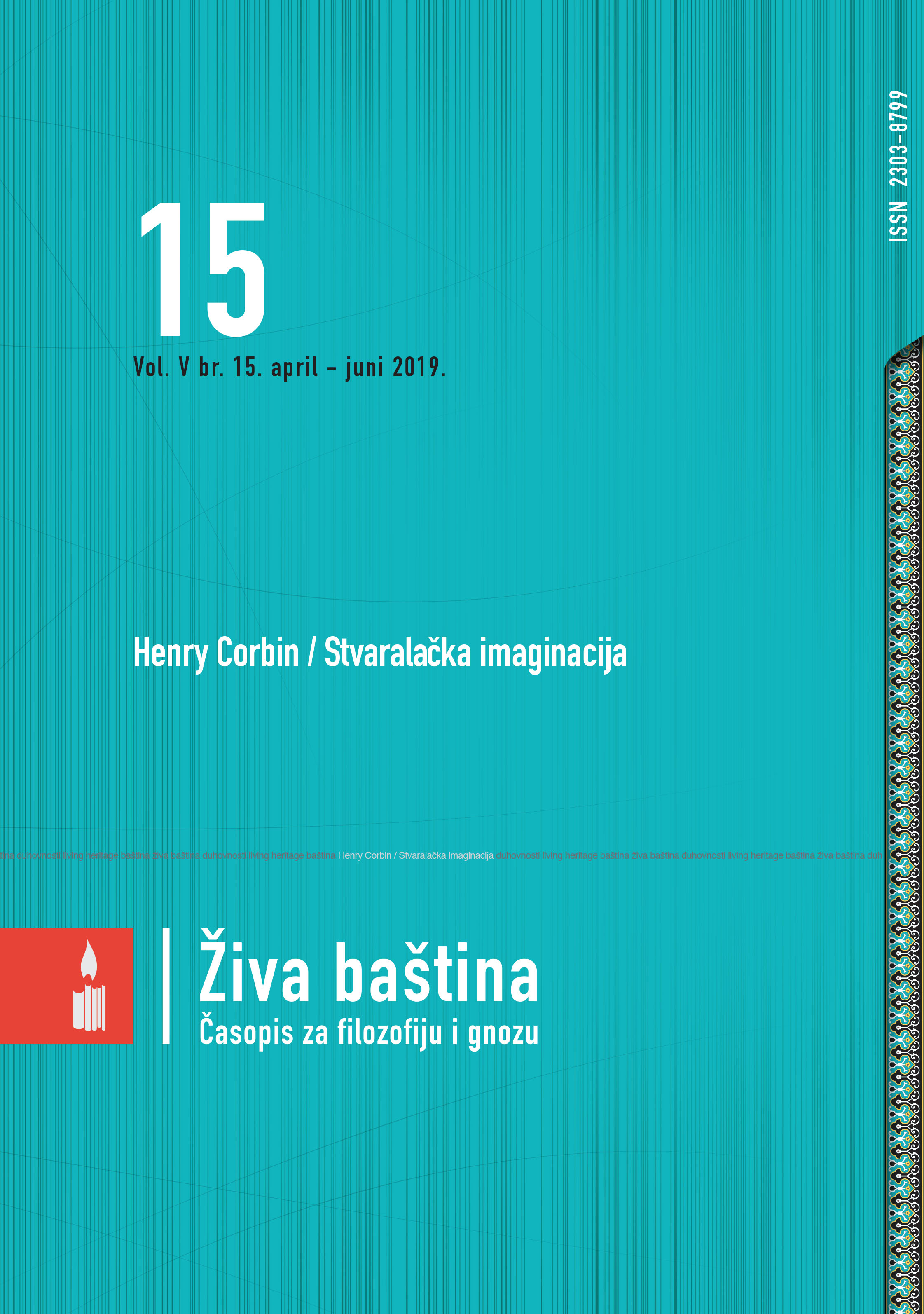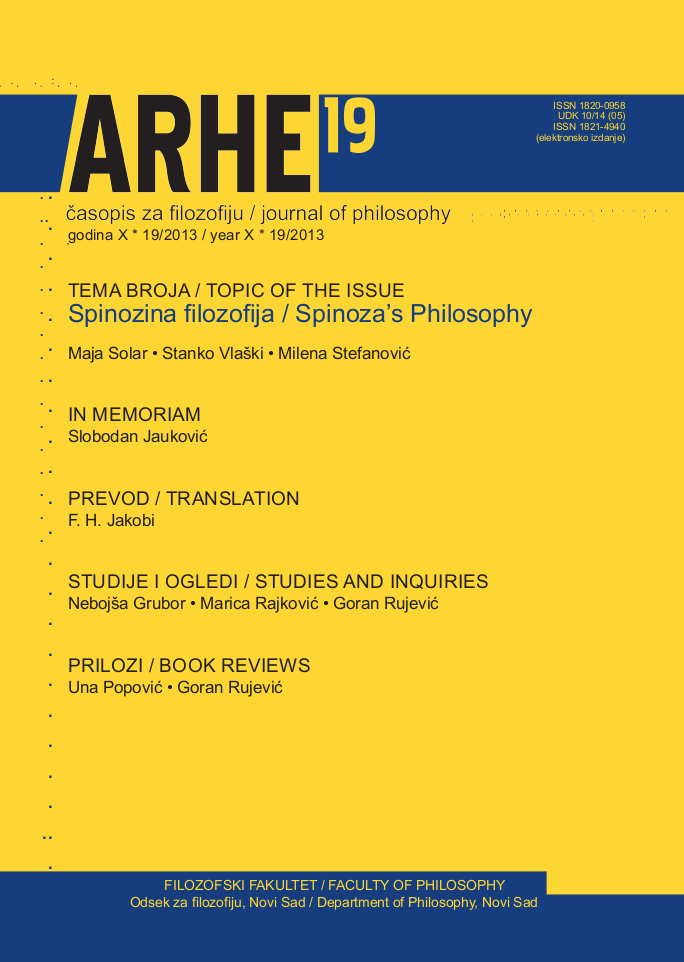BİR MEŞŞÂÎ FİLOZOFUN GAZZÂLÎ ALGISI: İBN RÜŞD’ÜN GÖZÜYLE GAZZÂLÎ
In this research I will focus on the main and central features of Averroes'perception of Ghazali instead of concentrating on polemical debates between two thinkers. In other words, how Averreos, as an Peripatetic Philosopher, perceives Ghazali? What are the main characters of his perception regarding Ghazali? Consequently I hope that Ghazali's thought can be grasped more deeply and profoundly from another point of view. This research also may enlighten the relationships between theology and philosophy through Averroes's perception of Ghazali. First of all, Avrroes recognize and appreciates Ghazali's intellectual capacity, his deep effect and religious authority on Islamic Society very well. Secondly for Averroes mainly perceive Ghazali as Asharitean theologian. This fact guides Ghazali's thoughts directly or indirectly. Thirdly Averroes considers Ghazali who does not aim to discover the truth in itself and does not follow the demonstrative reasoning namely burhan. Therefore he grasped inappropriate conclusions regarding the theoretical subjects and the position and the intentions of the philosophers. Lastly, Averroes observes Ghazali as inconsistent and variable thinker regarding many theoretical subject such as the attribute of the hereafter, condemnation of the philosopher with heresy and whether there are mediatory existents between First Principle and sublunary worlds.
More...

